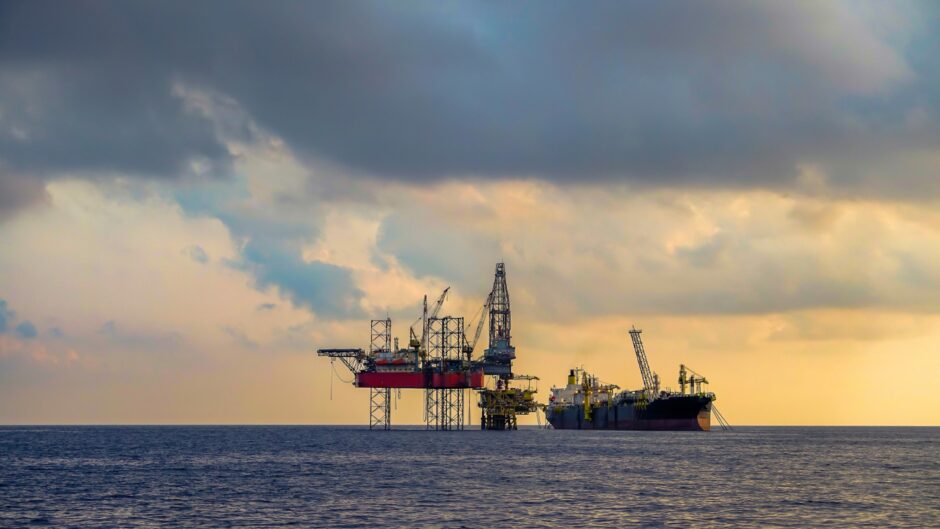Orcadian Energy saw its shares double in value after it said it had struck a £2.6 million deal to sell a majority stake in one of the largest undeveloped oil discoveries in the central North Sea.
The offshore industry minnow did not name its potential partner.
But it said the other firm aimed to acquire an 81.25% operated interest in its Pilot prospect.
Supermajor Shell has previously backed Orcadian’s plans with an £807,000 loan.
‘Upside potential’ near Pilot discovery
Shares in Alternative Investment Market-listed Orcadian jumped from 3.5p to 7p today after it also signalled “significant upside potential” for the surrounding area.
Pilot, discovered by Fina Petroleum in 1989, is about 100 miles east of Aberdeen. It is Orcadian’s core asset. Securing a partner to farm-in to the project and finance development of the discovery has been the London-headquartered company’s key focus since its launch by petroleum engineers and geologists in early 2014.
The field is currently estimated to hold 78.8 million barrels of proven and probable reserves of oil. Orcadian’s bosses expect a new estimate to show an “uplift” of as much as 10%.
So what does our deal to progress Pilot mean for #ORCA
The first stage is fully documenting the deal (not so hard as the Heads are detailed)
Next stage is getting NSTA approval and a licence extension
Then we rewrite the FDP to focus on a specific FPSO and phasing the project pic.twitter.com/sxpQUl6IMj
— Orcadian Energy (@Orcadian_Energy) September 18, 2023
The company previously estimated the cost to first oil at around £1 billion, with scope for reductions.
Its potential partner in the project has been granted exclusivity until November 30 to complete a deal. The two firms have signed a non-binding “heads of agreement (HoA)”.
Orcadian chief executive Steve Brown said: “We are delighted to have reached this agreement, which sets out a potential pathway to production for the company’s Pilot field.
‘Substantial proven reserve base’
“The Pilot field has a substantial proven reserve base, with material upside potential in the surrounding area. We are delighted this transaction could enable Orcadian to retain a significant interest in the project and to enjoy the long-term benefits of producing oil for the UK.
“Developing energy in our own backyard contributes to the UK’s energy security and balance of payments; delivers long-term high-quality jobs; and minimises emissions associated with satisfying the UK’s need for energy.”
Mr Brown added: We look forward to progressing the next stages of this proposed transaction and providing further updates.”
On completion of the proposed deal and other formalities, Orcadian would receive up to about £161,200 in cash from the new operator. The new owner would pay Orcadian a further sum of around £2.4m following field development plan (FDP) approval.
The new operator would then pay 100% of pre-first oil development costs. Orcadian would pay its share of costs (18.75%, the same as its stake) following first oil on Pilot.
Orcadian said it would work with the other firm to deliver an FDP – highlighting an “industry leading emissions performance” – to the North Sea Transition Authority (NSTA), the offshore industry’s regulator.
But it also stressed its HoA was a provisional agreement, with no guarantee the deal will complete. The HoA is subject to, among other items, due diligence, NSTA consent, the finalisation of binding legal documents, approvals from Shell and energy data firm TGS, backing by the Orcadian and operator’s boards, and the support of Orcadian’s shareholders.
Floating wind powered?
A previous draft FDP for Pilot included plans for a floating production storage and offloading vessel, with two wellhead platforms and 34 wells. Power was to be provided by a floating wind turbine.



Conversation